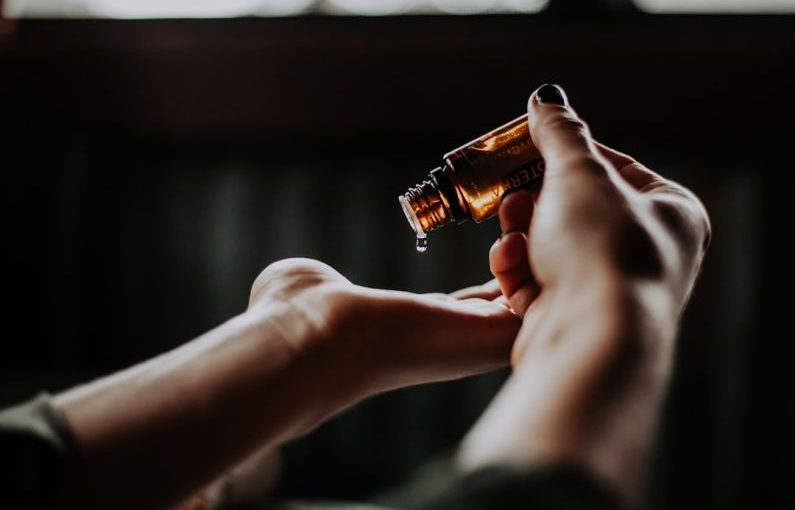Small mammals make wonderful pets due to their size and unique characteristics. Whether you have a hamster, guinea pig, rabbit, or another furry friend, it’s essential to understand the dos and don’ts of small mammal care to ensure their health and happiness. By following these guidelines, you can create a safe and enriching environment for your beloved pet.
Proper Housing and Enclosure
Choosing the right cage or enclosure is crucial for your small mammal’s well-being. Ensure that the habitat provides enough space for your pet to move around comfortably. Avoid overcrowding the cage with unnecessary accessories, as this can lead to stress and territorial issues. Additionally, make sure the enclosure has proper ventilation and is kept in a quiet area away from drafts and direct sunlight.
Bedding and Nesting Material
Selecting the appropriate bedding for your small mammal is essential to maintain a clean and healthy environment. Avoid using cedar or pine shavings, as they can be harmful to your pet’s respiratory system. Opt for safe bedding options such as paper-based bedding, hay, or aspen shavings. Provide nesting material like hay or shredded paper to create a cozy and comfortable space for your furry friend to rest and sleep.
Nutritious Diet
A well-balanced diet is vital for the overall health and longevity of your small mammal. Provide a mix of high-quality pellets, fresh vegetables, and timothy hay to meet their nutritional needs. Avoid feeding your pet sugary treats, as these can lead to obesity and dental issues. Make sure fresh water is available at all times, and monitor your pet’s food intake to prevent overeating.
Regular Exercise and Playtime
Small mammals are active creatures that require regular exercise to stay healthy and stimulated. Provide opportunities for your pet to explore and play outside of their enclosure in a safe and supervised environment. Invest in toys and accessories that encourage physical activity and mental stimulation, such as exercise wheels, tunnels, and chew toys. Engaging with your pet through interactive playtime can strengthen your bond and promote their overall well-being.
Grooming and Hygiene
Maintaining proper grooming and hygiene practices is essential for small mammal care. Regularly check your pet’s fur, nails, and teeth for any signs of issues or overgrowth. Brush your pet’s fur gently to prevent matting and remove loose hair. Trim your pet’s nails as needed to prevent them from becoming too long and causing discomfort. Provide a dust bath for species like chinchillas to help them keep their coat clean and healthy.
Veterinary Care
Regular veterinary check-ups are crucial for monitoring your small mammal’s health and addressing any potential issues early on. Find a veterinarian experienced in treating small mammals and schedule routine wellness exams to ensure your pet is in good health. Be observant of any changes in your pet’s behavior, appetite, or appearance, as these could be signs of underlying health concerns that require professional attention.
Socialization and Enrichment
Small mammals are social animals that benefit from interaction and companionship. If your pet is a social species, consider providing them with a same-species companion to prevent loneliness and promote mental well-being. Spend quality time with your pet each day, interacting with them through gentle handling, talking, and offering treats. Enrich your pet’s environment with hiding spots, tunnels, and climbing structures to encourage natural behaviors and prevent boredom.
Safe Handling and Bonding
When handling your small mammal, it’s essential to do so with care and gentleness to avoid causing stress or injury. Approach your pet calmly and use proper handling techniques to prevent them from escaping or getting hurt. Allow your pet to become familiar with your scent and voice to build trust and strengthen your bond over time. Avoid sudden movements or loud noises that can startle your pet and lead to fear or anxiety.
Creating a Happy and Healthy Environment
By following these dos and don’ts of small mammal care, you can provide your furry friend with a happy and healthy environment to thrive in. Remember to prioritize their well-being by offering proper housing, a nutritious diet, regular exercise, grooming, veterinary care, socialization, and safe handling practices. With your love and attention, your small mammal will lead a fulfilling life as a cherished member of your family.





